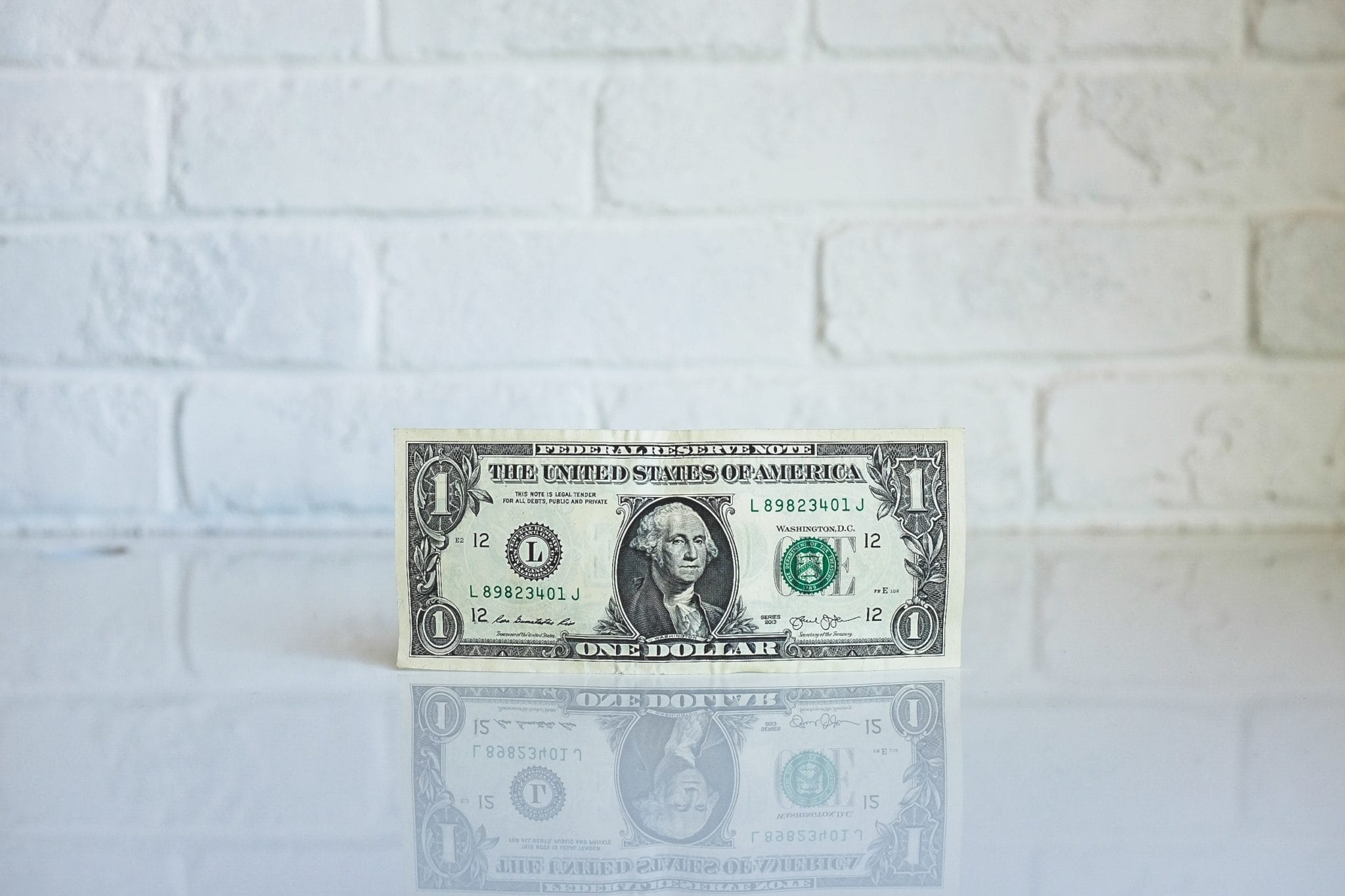Working with money is a challenging and somewhat inescapable practice. Do you have enough to live on? Do you need more to buy a new (fill in the blank)? Should you give some money to charity? We all grapple with such questions in everyday life, whether we’re living a frugal existence or a lavish one. Relating with money is also a powerful source of emotional upheavals. Money or lack thereof can quickly put you in touch with desire, aggression, envy, jealousy, anxiety and fear—and many other juicy feelings.
In the seventies, Chögyam Trungpa coined the phrase “Lords of Materialism” to describe the acquisitive attitude that rules the modern world. In a society like ours, where materialism is indeed often king, we may link our happiness to our ability to buy the things we want. If we can’t afford an iPad, we feel depressed. If we can buy the biggest HDTV in our apartment building, we feel proud. A struggling medical student dreams of what she’ll buy when she’s a successful doctor. If you’re already fairly affluent, you dream of what you’ll buy when you’re more successful. If you’re very successful, you worry about losing what you have. In that situation, friendly overtures make you suspicious that people want something from you. If someone asks you for a loan, or puts a hand out on the street, you may be sympathetic, but you’re just as likely to be put off. Your best friend gets a promotion. Secretly, you’re envious. Why wasn’t it you? In essence, these are all money problems.
The possibilities for neurotic money upheavals are endless. We might beat ourselves up for having such worldly reactions, but we could appreciate these dramas as a rich resource for practice. What is meditation about if not bringing awareness to the heightened situations in life? It’s relatively easy to feel at ease on the meditation cushion when you’ve received a big bonus at work. It’s harder when you’ve just lost your job. Working mindfully with such difficulties can actually show us that awareness is more effective than we thought. It’s not only about smoothing things out, it’s also about looking into dark corners. Equanimity is about finding balance in the midst of chaos, not trying to banish conflict from our lives. Trouble with money can help us learn about ourselves.
Embracing poverty and giving up whatever is not essential, as is practiced in many monastic traditions, isn’t practical for most of us living in North America today. To overcome our money “neurosis” we have to actually work with money and the emotions that arise. If we can slay the Lords of Materialism in everyday life, we may be able to help others see beyond Their sway. Then we may begin to learn how much is enough, how much is too much, and how we can use our resources to help others.
So working with money is also an opportunity to learn about generosity. The first stage is often recognizing miserliness—the poverty mentality. If we don’t admit we’re holding onto something, how can we let go? The Buddha recommended we begin to develop generosity by taking something in one hand and giving it to the other. This sounds rather silly. However, I just tried it with my iPhone. I held it in my left hand, intensified my feeling of loving my gadget, and then gave it to my right hand. I felt a little sense of loss and emptiness when I passed the phone from hand to hand. How much more could be learned if I actually gave the phone away?
In the Buddhist tradition, a real act of generosity is described as “giving the giver.” But giving the iPhone—or any gift—is a place to start.


